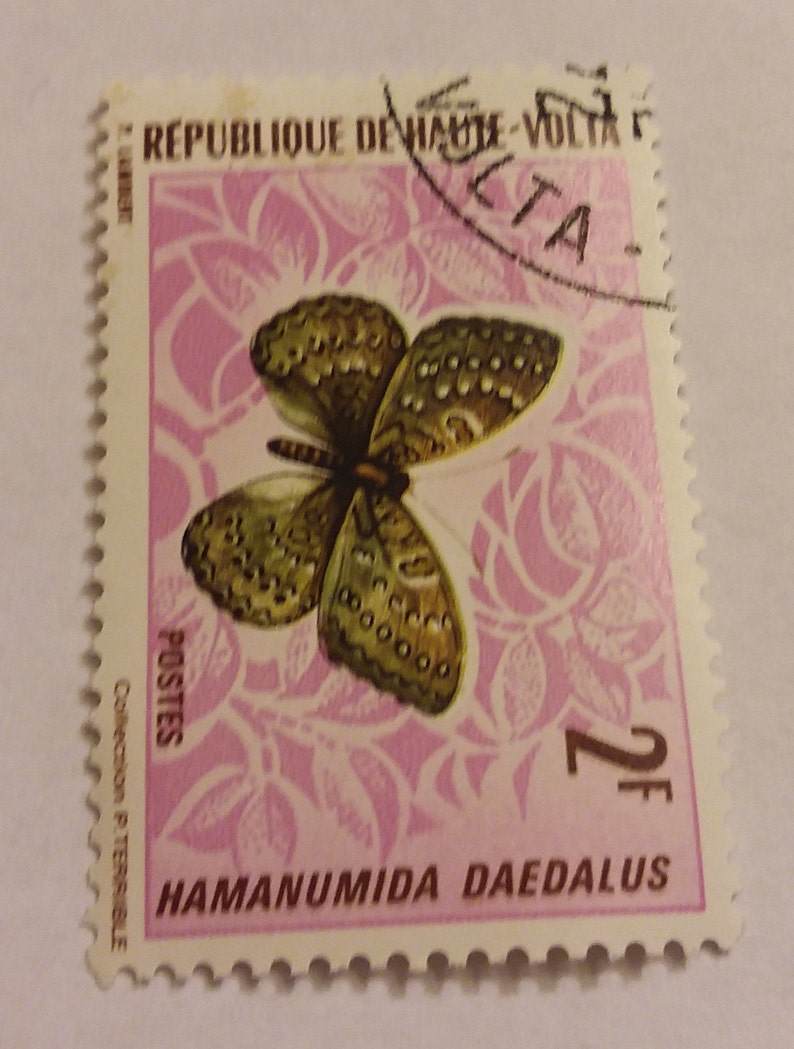


#Upper volta now free
However, during colonization these pits were used to hide children from the Catholic nuns who came and basically kidnapped village children to put them in Catholic schools in order to "save" them.Currently,less than half of school aged children are enrolled in school even though public school is free and required for all up to age seven.This is do to the cost of sending a child to school who could be earning money for the family. Thes pits were originally dug for the women to have a cool place to sit in a circle and work on their weaving. In the village of Tengrela (South-West of Burkina Faso) where I grew up, there are pits dug into the ground, about five feet deep and ten feet wide with the opening just wide enough for one adultto climb down a ladder.

Over the next thirty years, the French moved the boundaries of Upper Volta and the surrounding territories several times before establishing the current borders in 1947 (with the exception of one piece that was given to Mali, but subsequently taken by military action by Burkina Faso in 1985).This short history of sixty years of colonial oppression does not do justice to the experience of the people who lived under French rule, and I do have one colonial story about it. After five years of Mossi resistance, the French finally gained control of the capital, Ouagadougou, in 1901 and established the colony of Upper Vlolta in 1919.
#Upper volta now full
In fact, Burkina's history in just the past fifty years since gaining independance from France is full of coups, assassinations, covert military action and mixed relations with other West African countries.īefore getting into Burkina's history since the independence, I should offer a brief chronology of its history before and during French colonial rule.īefore French invasion in 1896, the area including Burkina Faso was under the Mossi kingdom, which originated in present day Ghana and moved into other areas as its empire grew over the eight hundred years of its rule. It is true that Burkina is not known for its millitary force, but neither is it a benign country without any reason to worry about its security. BURKINA FASO Presented by: Gerald Horacek and Issa Touīrukina Faso has a violent and fascinating history that can only be fully grasped if one has an understanding of the effects of colonization and post-colonization.


 0 kommentar(er)
0 kommentar(er)
